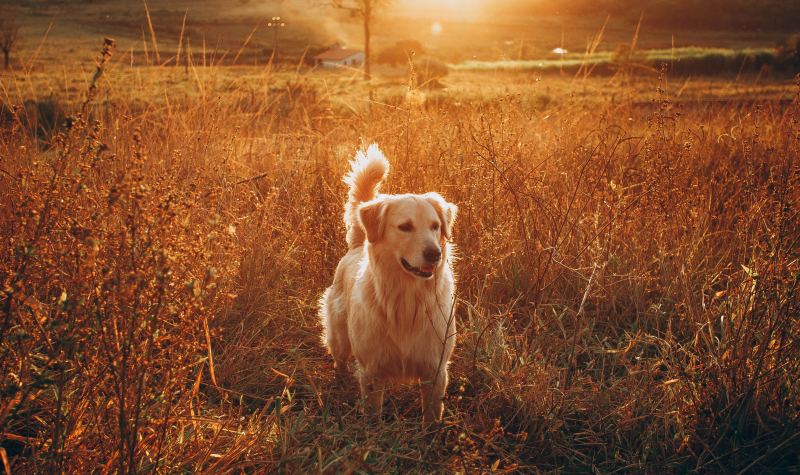Wellington North's busy Monday agenda saw them ponder canine bylaws, with a focus on livestock guardian dogs.
Livestock guardian dogs (LGDs) protect sheep on farms from predators. One Wellington North resident has ten pet dogs that are not classified as working dogs, but lap dogs. LGDs bond with sheep and scarcely connect with humans, as they are outdoor creatures.
Council was discussing amending several canine bylaws, though the focus remained on livestock guardian dogs.
The Animal Control Officer believes the number of dogs on an agriculturally-zoned property with more than 25 acres should be taken down from ten dogs to five, according to a report.
Mayor Andy Lennox was unsure, stating he agreed with the revisions including the notion that if you are licensing dogs, you must be living at that property. However, Lennox felt LGDs were the wildcard in the deck.
"The livestock guardian dogs are a square peg in a round hole. In many ways. It's the outlier, and while we may not have anybody who has a sheep flock that requires more than five today, to say that we won't in the future is not necessarily true," Lennox said.
The report also stated Ontario’s guidelines have a measure: one LGD is needed per 100 ewes. In an Australian study, the average number of LGDs was two dogs for 100 stock, four dogs for 1,000 stock and nine dogs for 10,000 stock.
There's just one individual who has licensed ten dogs, one with nine licensed dogs, one with eight licensed dogs and two with six licensed dogs. The rest have five or less. Lennox also suggested council re-think the qualifications for an LGD.
"Is there any way that we could define a livestock guardian dog not necessarily by breed or description, but by the business that they serve, so a bona-fide farm with cattle- sheep or goats, to allow potential larger numbers without the necessities of a kennel and all the provisions that go with a kennel bylaw?"
The report was received for information, and staff will revisit in the future.
Listen to the CICW story below:


